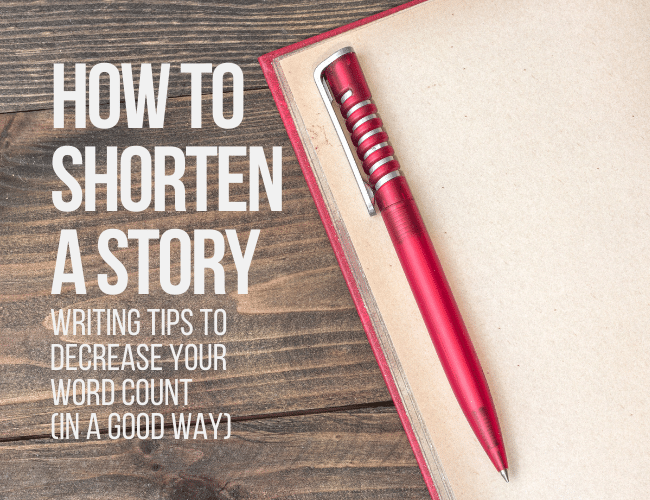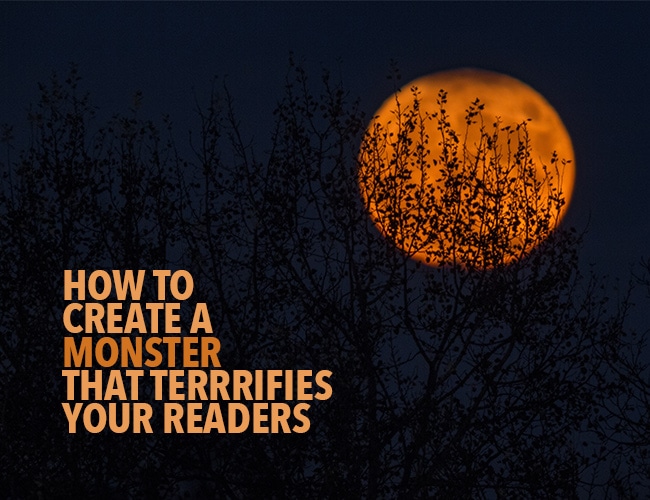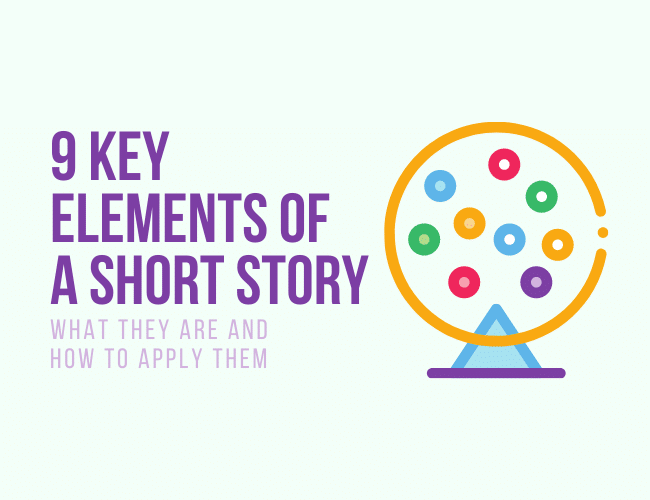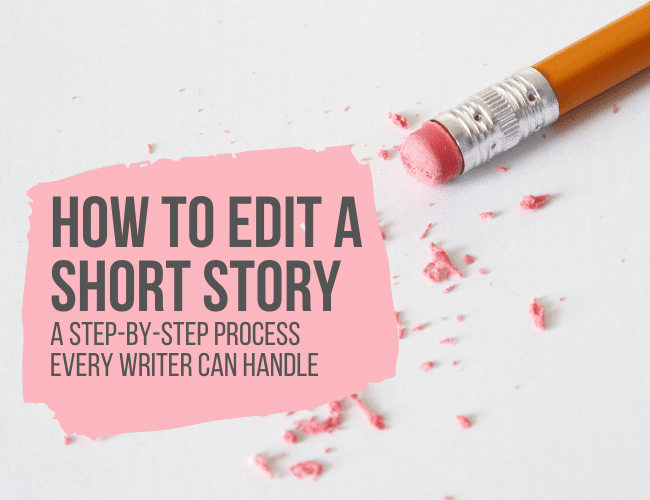
by Sarah Gribble |
Short stories are their own art form. In a novel, you have an entire book to elaborate, to make your readers care. In a short story, you have to have the same elements, but in about two percent of the words. How can you shorten story?
Ultimately, learning how to write a story in fewer words takes practice. Luckily, tightening a short story into an even shorter story is something you can get the hang of over time.
This article shares various, easy writing tips that can help you cut your word count—and make your short story all the better for it.

by Sarah Gribble |
Halloween is right around the corner and I know a lot of you will be writing some spine-chilling stories to celebrate. What’s the best part of a creepy story? A monster.
When writing monsters, you could rely on the tried-and-true vampires, zombies, and giant, man-killing spiders. There’s nothing wrong with adding to the monster canon, but it does get a little boring after a while. It’s often better to make up your own monster. But how?
Decades have been spent honing the standard wants and abilities of vampires and zombies. How can you make a monster just as good in a much shorter time frame?

by Sarah Gribble |
If you’re new to short story writing, it can be intimidating to think of fitting everything you need in a story into a small word count. Do you need to apply certain elements of a short story in order for it to be great?
Writers like you struggle with this all the time.
You might want to develop deep character backgrounds with a huge cast of characters, amazing settings, and have at least two subplots. And that’s great. But that wouldn’t be writing a short story.
You might try to cut some of these things, and then all the sudden you don’t have a character arc or a climax or an ending.
Every story has basic elements; a short story’s basic elements are just more focused than a novel’s. But all those elements must be there, and yes, they need to fit into a short word count.
In this article, you’ll learn what you need to make sure your short story is a complete story—with three famous short story examples. These story elements are what you should focus on when writing a short piece of fiction.

by Sarah Gribble |
If you follow any kind of writing blog or social page, you’ve probably seen picture writing prompts before. People love them and there’s no end to sites that provide them. Not to mention the millions of pictures that are out there that aren’t “official” writing prompts. You’ve probably got a ton on your phone that could spark an idea.
If you haven’t taken the plunge and tried writing from picture writing prompts before, here are five reasons why you should.

by Sarah Gribble |
Writing a short story is difficult, but there’s a special learning curve that comes with how to edit a short story. Even though there is a small word count, where do you start?
The editing process might not be your favorite part of the writing process (or maybe it is!), but it’s a necessary one.
Editing your short story can push the story idea into a whole new arena, which will make it more likely to grab a reader, whether or not that’s a fellow writer, editor, or writing contest judge.
In this article, I’ll take you through the step-by-step process of editing a short story. I’ll share the step-by-step process you should use to break down your editing phase into manageable chunks and what to focus on with each editing pass.







